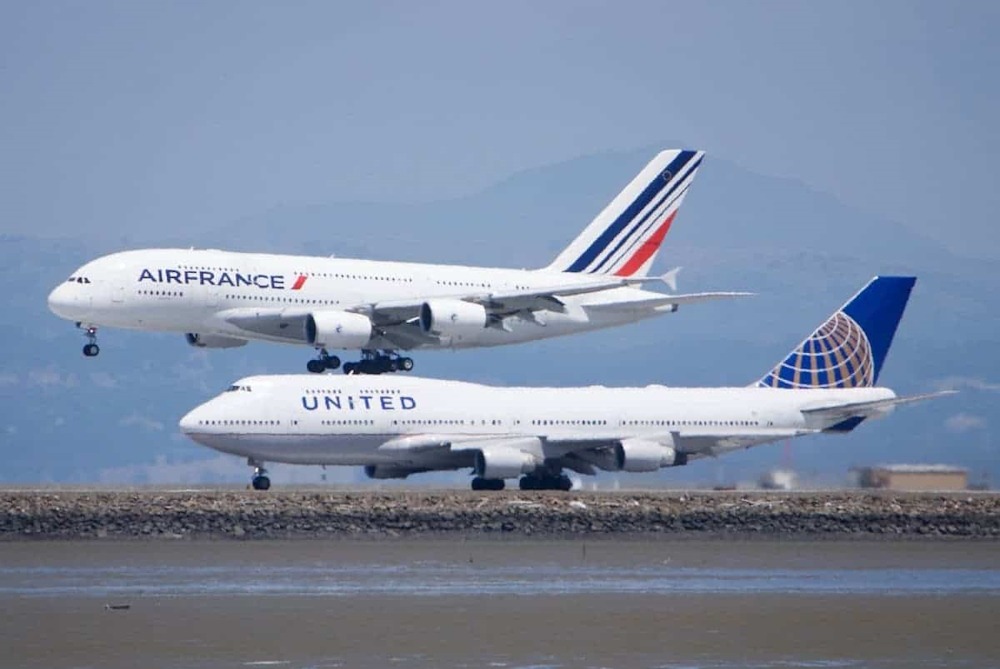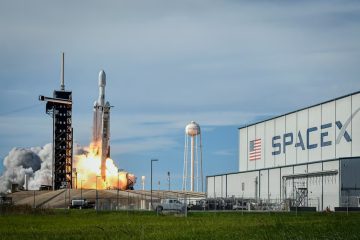Competition and Trump tariffs will raise Boeing, Airbus jet pricing

Trump tariffs and increasing competition are set to drive Boeing and Airbus jet prices even higher. Commercial aircraft prices, which have already seen an increase in recent years due to supply chain disruptions caused by Covid, are expected to climb even higher. This comes as Boeing and Airbus encounter renewed pressure from trade tariffs implemented by former US President Donald Trump, according to a report from news agency AFP. An aviation expert, speaking with AFP, indicated that the cost of commercial jets has surged by approximately 30 percent since 2018, driven by rising prices of raw materials, components, and labor. The aerospace sector, led by major players from the US and Europe, is currently facing challenges due to inflationary pressures affecting key inputs like titanium and energy costs.
Boeing has reached a new agreement with its machinist union located in Seattle, which will see wages increase by 38 percent over the next four years, as detailed in the report. In a notable development, Spirit AeroSystems, a key supplier for both Boeing and Airbus, has finalized an agreement that features similar wage increases. The recent developments are contributing to increasing cost pressures throughout the industry. Titanium prices have experienced a significant increase in response to recent US sanctions. The report highlighted insights from Richard Aboulafia, managing director at AeroDynamic Advisory, who noted that materials such as castings, forgings, and titanium-based components have experienced significant inflation, a situation worsened by disruptions in Russian supply chains. He projects that the costs of materials and equipment have surged by 40 percent since 2021, not accounting for Trump’s 25 percent tariffs on steel and aluminum. Aboulafia remarked, “It’s somewhat ironic that while raw materials were not an issue, Donald Trump is intent on turning them into one.”
Tariffs are being cited as a contributing factor to the escalation of inflationary pressures. Analysts indicate that inflation within the aviation sector is on the rise, with tariffs imposed by the US expected to exacerbate the situation. “These tariffs are disastrous,” stated John Persinos, editor-in-chief of Aircraft Value News, as reported by AFP. In the face of inflation, the latest aircraft models, including Boeing’s 737 MAX and 787 Dreamliner, along with Airbus’ A321neo, are maintaining their appeal in the market, commanding premium prices thanks to their impressive fuel efficiency. The actual expenses associated with aircraft are frequently clouded by insufficient transparency in pricing information.
Official catalogue prices have been labeled as misleading. Boeing and Airbus have not made any recent adjustments to their catalogue prices. Boeing provided its most recent update in 2023, whereas Airbus has not released new price lists since 2018. According to the report, experts have labeled the official prices as “a complete work of fiction,” highlighting substantial discounts that are contingent upon specific contract details. Airbus has officially announced the discontinuation of catalogue prices, stating that these figures no longer represent the final negotiated costs. Aircraft orders generally incorporate clauses that account for inflation, potential delivery delays, and variations in currency exchange rates. Boeing announced that its pricing strategy is influenced by production costs and market dynamics; however, the company refrains from disclosing specific details to maintain a competitive edge.
The backlog is robust; however, pricing continues to exhibit weakness. Boeing and Airbus are navigating a significant order backlog that is anticipated to sustain their production lines well into the latter part of the decade. Despite robust demand, aircraft prices have not seen a substantial increase. “The environment is fiercely competitive,” stated the aviation expert, highlighting that the two manufacturers are in a constant battle for each contract, which ultimately limits pricing, as indicated in the report.
Many carriers are actively engaging with both Airbus and Boeing, ensuring a well-rounded procurement approach. Prior to the onset of the Covid-19 pandemic, rivalry between the two entities resulted in restrained pricing strategies. In the aftermath of lockdowns, a surge in travel demand has led to increased ticket prices and enhanced profitability for airlines, enabling carriers to invest in more expensive aircraft, according to Manfred Hader from consultancy Roland Berger.








